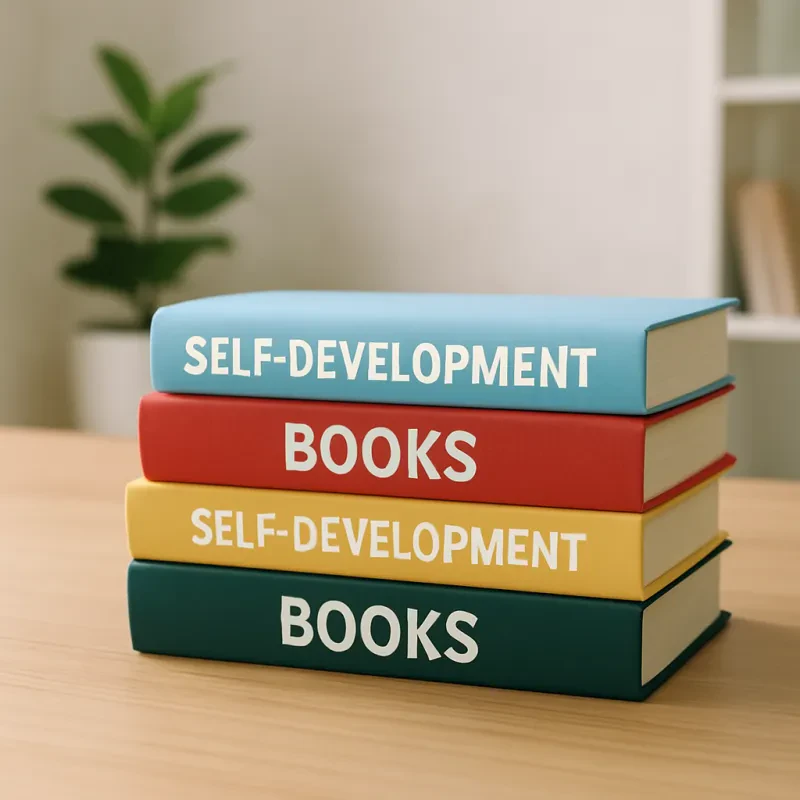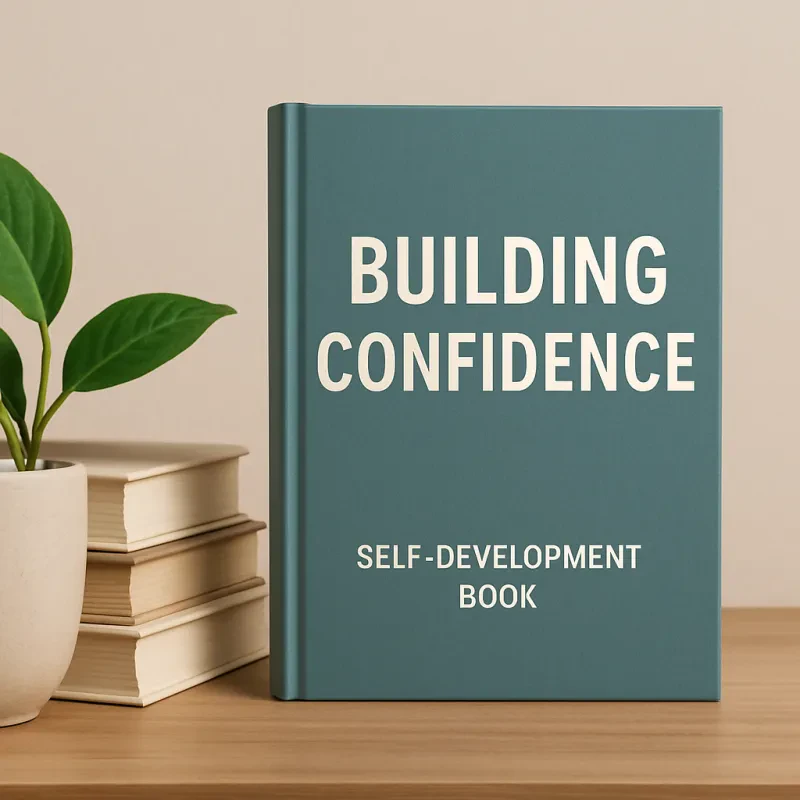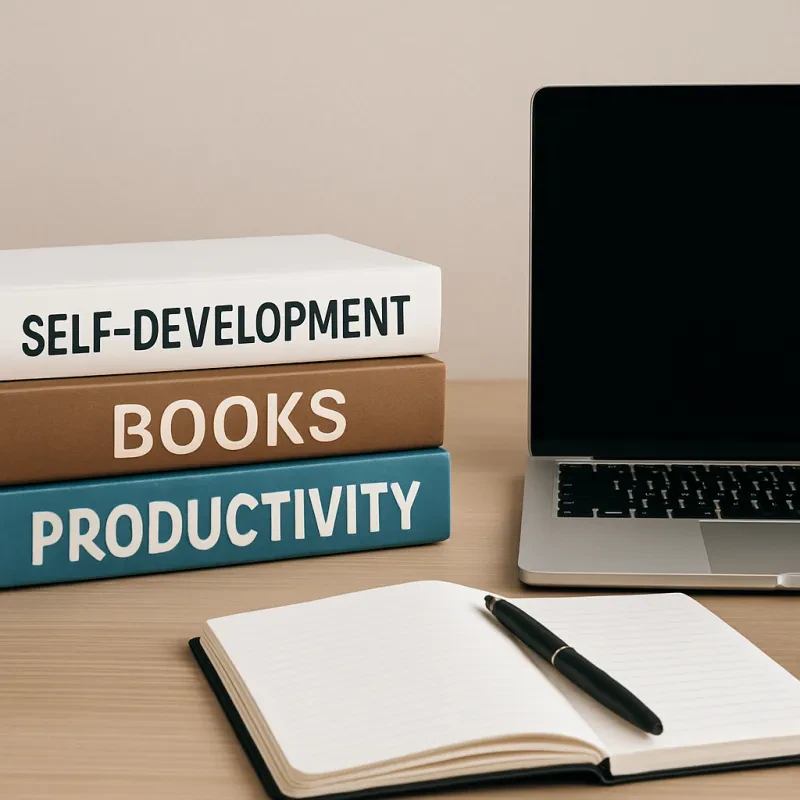I Forgive: Finding Peace Through Letting Go
Forgiveness can feel like a heavy weight lifted off your shoulders. Holding onto anger or resentment eats away at your spirit, leaving emotional scars that can hinder your life. The act of forgiveness isn't about excusing someone's bad behavior. It's about freeing yourself from the chains of negativity and starting to heal.
Understanding Forgiveness: More Than Just Saying Sorry
Defining forgiveness: A multifaceted concept
Forgiveness is complex. It involves letting go of thoughts and feelings that cause pain. You might release someone from blame or resentment, but it's more profound than just saying “I forgive you.” It’s about finding inner peace.
The difference between forgiveness and reconciliation
Forgiveness doesn’t always mean you need to reconcile with the person who hurt you. You can forgive without rebuilding the relationship. Sometimes, it's healthier to move on while still holding onto the lesson learned.
The science of forgiveness: Neurological and psychological benefits
Studies show that forgiveness can change your brain chemistry. It reduces stress hormones and increases feelings of well-being. Letting go can actually improve your mental health, leading to less anxiety and depression.
The Benefits of Forgiveness: For Your Mind and Body
Reduced stress and anxiety: Research-backed evidence
Holding grudges creates tension. Research reveals that forgiveness lowers stress levels. With less anxiety, life becomes much more manageable.
Improved physical health: Links between forgiveness and well-being
Forgiveness impacts your body, too. It can lead to lower blood pressure and stronger immune function. Letting go of negativity may help you live longer.
Enhanced relationships: The impact on interpersonal dynamics
Forgiveness strengthens relationships. By letting go, you open the door to healthier connections with friends, family, and even colleagues. Trust can be rebuilt through understanding and empathy.
Letting Go of Resentment: Practical Steps to Forgiveness
Identifying and acknowledging your hurt
Start by identifying the pain you feel. Write it down if it helps. Acknowledging your feelings is the first step toward healing.
Challenging negative thoughts and beliefs
Negative thoughts can trap you. Challenge them by looking for evidence that supports forgiveness. Ask yourself if holding onto anger benefits you.
Practicing empathy and compassion
Putting yourself in another's shoes can be enlightening. Understanding their motives can foster compassion, making it easier to forgive.
Forgiving Yourself: The Crucial First Step
Self-compassion and self-acceptance
Often, we’re our own harshest critics. Practice self-kindness. Accept that everyone makes mistakes.
Overcoming self-blame and guilt
Stop blaming yourself. Guilt can be paralyzing. Recognize that learning from your experiences is more valuable than dwelling on them.
Learning from mistakes without self-criticism
Mistakes are part of life. Instead of criticizing yourself, focus on what you've learned. Growth comes from understanding, not punishment.
Forgiveness in Action: Real-World Applications
Forgiving family members
Family can hurt deeply. Start small. Show forgiveness for minor grievances and gradually work on bigger issues.
Forgiving friends and colleagues
Relationships at work can become strained. Create an open dialogue about feelings and express your willingness to forgive.
Forgiving yourself
This step is vital. Reflect on your past actions without condemning yourself. Relief comes from understanding, not judgment.
Conclusion: Embracing Forgiveness for a Brighter Future
Forgiveness leads to freedom. It paves the way for healthier relationships and a happier life. By letting go of resentment, you choose peace over anger.
Key takeaways: The benefits of a forgiving mindset
- Reduces stress and improves health.
- Strengthens relationships.
- Enhances emotional resilience.
A call to action: Start your journey towards forgiveness
Take a moment to think about those you need to forgive. Start with small steps. Write your feelings down, practice empathy, and take action.
The lasting impact of forgiveness on personal growth
Forgiveness is a gift you give yourself. As you embrace a forgiving mindset, you'll find personal growth and a brighter future ahead. Let go to welcome new beginnings.



